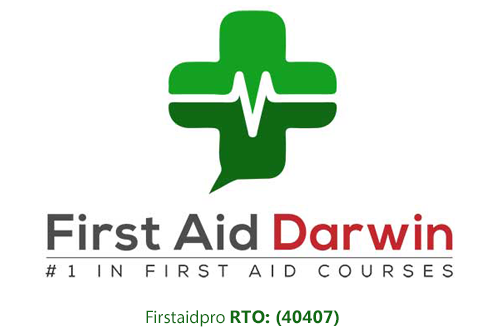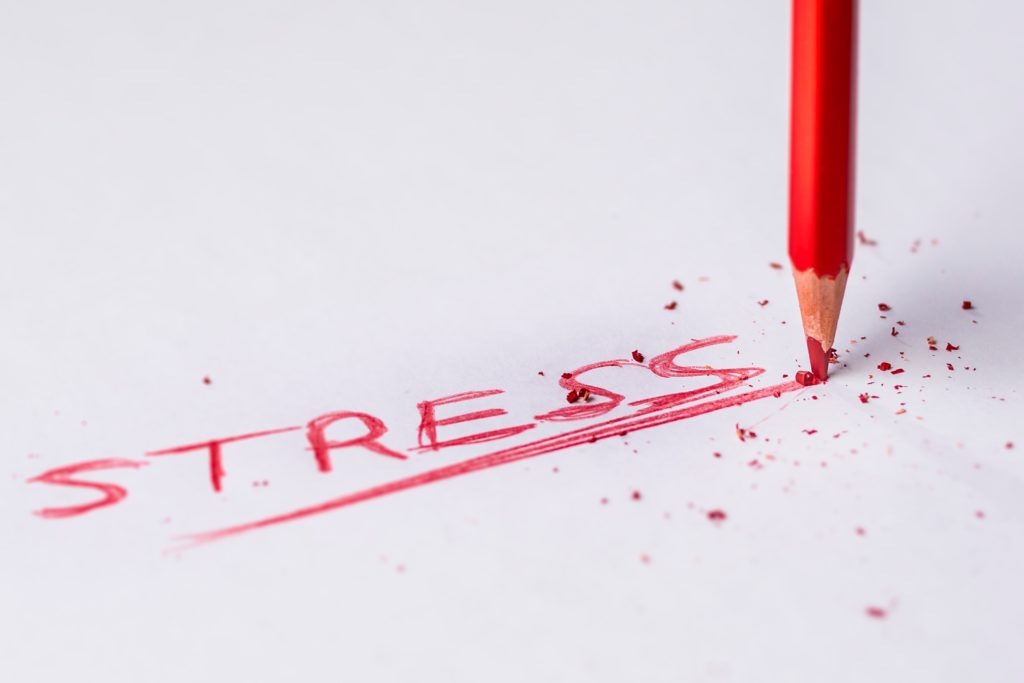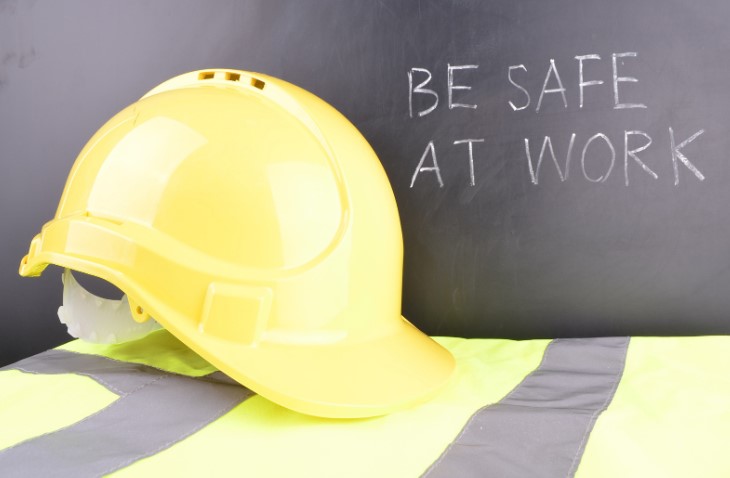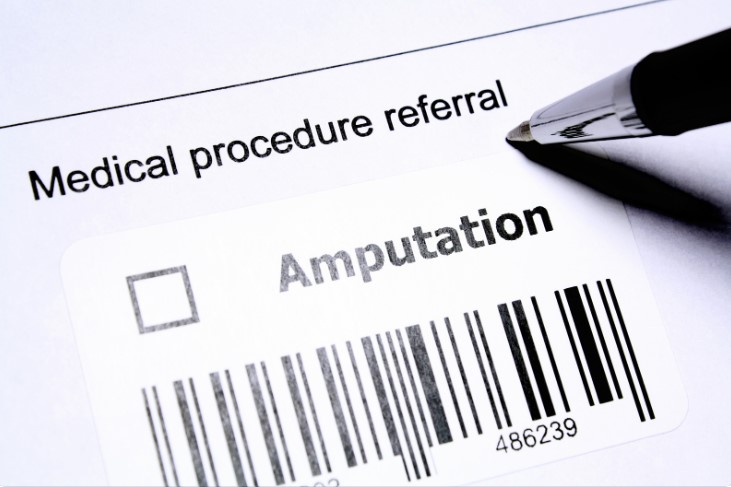5 Ways to Deal with High Pressure Situations: It is all too easy to let high-pressure situations get the better of many people. As it turns out, there are better ways of handling such moments.
The way we manage these situations is vital. Better management helps a person to cope up at the moment and can prevent chronic stress. Read to get practical steps for handling high-pressure situations.
Stress is Everywhere
Many people deal with everyday pressure, both in their personal and professional lives. In the workplace, stress manifests in tight deadlines, long hours at work, high demands from management, and other obstacles that get in the way.

Stress is a common reaction when dealing with high-pressure situations, and it affects a person both physically and mentally. The body tends to release a lot of adrenaline that can cause the blood pressure and heart rate to go up. The brain response will soon follow, and it will be in a “fight-or-flight” response mode. It is the body’s natural way of detecting harmful conditions.
Stress sometimes motivates a person to perform better, but, in some cases, it tends to be overwhelming. Too much pressure can start to eat away physical and mental health – leaving the person physically and mentally unwell. It can lead to a person’s inability to think and function clearly, as well as enjoy life.
It is essential to learn how to channel and deal with high-pressure situations healthily and productively. This way, you can improve your overall health in your 20s, 30s, and beyond.
Figuring out how to handle stress takes a few practices and mental health first aid strategies. Below are five tips for dealing with stressful situations at home and work.
5 Tips to Take the High-Pressure Off
Try these ways to help keep stressful situations from escalating.
- Notice signs in its early stages
Under extreme stress, the body’s reaction can result in muscle tension, heart pounding, and palm sweating. Being aware of these signs is the first step to overcoming them. It is easier to deal with stress in its early stages instead of when it becomes overwhelming.
- Identify things you can and cannot control.
Avoid acting on instinct. It is best to take a step back and analyze the situation before making decisions.
- Breathe and meditate.
Taking slow, deep breathes is one of the most effective ways to lower stress from dealing with high-pressure situations. It provides instant relief and helps bring down the racing heart rate.
Meditation helps better monitor how the mind responds and allow more precise observation of the surrounding.
- Stay positive
Instead of constantly dwelling on negative thoughts, try to find a positive side of these situations. In most cases, the mind will always give up first, but the body is physically more capable than most think.
Thinking positive may help reframe challenges and see it more as an opportunity to grow and advance.
- Talk it Out
Mental health is as important as one’s physical health, and many people still figuring out how to take high-pressure off. Learning to deal with stress healthily takes a lot of practice. Start with talking with a family member or a close friend to help reset your perspective.
However, if the stress starts to affect your work or home life, working with a counsellor or an effective mental health first aid course can help.
Effective stress management helps break the hold these situations have on your life. With the proper perspective and support from others, a person can live happier, healthier, and most productive.
Mental Health First Aid
Mental Health First Aid (MHFA) training provides a person with the knowledge of the first signs and symptoms of various mental health problems, including stress. It gives the correct information, along with stigma reduction and skills on early intervention. It provides a person with the confidence to intervene in times of crisis.
MHFA aims to prevent stress, anxiety, depression, and other mental health problems to develop. It also promotes recovery.
Visit First Aid Courses Darwin for more information.








